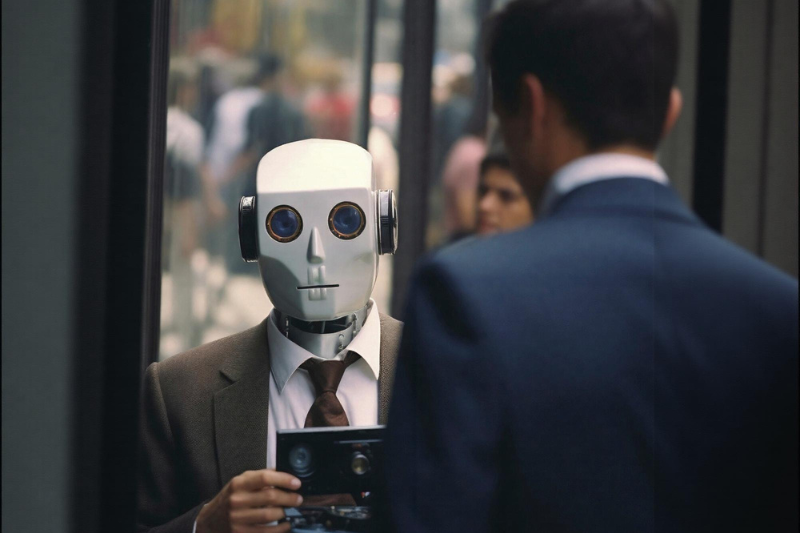Let’s call out the elephant in the room.
All these so-called “experts” are out here handing job seekers cookie-cutter advice like it’s the God-given truth. Blogs, videos, and social media are flooded with polished scripts for interview answers, and honestly? It’s about as helpful as a screen door on a submarine.
Now, don’t get us wrong, guidance is great. We help people prepare for interviews too, giving tips to present their best selves and handle tough questions. But there’s a fine line between being polished and being fake. And too often, that line gets crossed.
Take the infamous interview question: “What’s your greatest weakness?” Cue the same predictable, prepackaged answers:
- “I’m overly focused on perfection.”
- “I sometimes neglect my personal life because I work so hard.”
- “I struggle with saying no.”
Come on! Nobody buys this. Not us, not recruiters, and definitely not hiring managers. It screams trying too hard, and trust us, it’s not working.
Here’s a real story for you. We once asked a candidate this question, and she didn’t pull out a scripted answer. Instead, she said:
“I can’t work under pressure.”
Wait, what?! That’s not on the cheat sheet. She explained:
“If my kids are sick, my house is chaos, my boss is breathing down my neck, and I’m expected to pull miracles with no resources, I’m not going to thrive. That’s just the truth.”
Her honesty was refreshing. But here’s the thing: the role she was interviewing for was basically pressure cooker. Half of what she described was part of the job. So, we had to turn her down. But we parted on great terms, she thanked us, shook hands, and left knowing she’d dodged a bullet.
The Outcome? Everyone Won.
- She avoided a job that would’ve been a disaster for her.
- The company avoided a bad hire.
- HR avoided making a decision that could’ve backfired.
All because she chose to be genuine.
Now, let’s be clear, being honest doesn’t mean oversharing or ignoring professionalism. There’s a way to be real while staying polished. But overly rehearsed answers? They’re like slapping lipstick on a pig. Nobody’s fooled.
The truth is, honesty is a long-term investment. It sets realistic expectations, builds trust, and ensures a better fit for both you and the employer. Sure, you might be tempted to fake it, especially when you’re in desperate need of a paycheck (whispers: we’ve all been there).
But selling a version of yourself that doesn’t exist is a gamble that rarely pays off.
So, keep it real. Stay professional. And don’t fall for the “one-size-fits-all” advice floating around out there.
It’s your career, after all, make it a good fit.


